
BLOOD ON THE FLOOR
Mark-Anthony Turnage
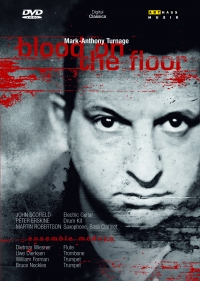


Mark-Anthony Turnage
BLOOD ON THE FLOOR
1996
Soloists:
Peter Erskine (drum set), Martin Robertson (saxes), John Scofield (guitar)
Conductor:
Peter Rundle
Mark-Anthony Turnage has rapidly earned a unique position among composers of his generation for his distinctively lyrical compositional voice, his ability to create complex yet always lucid instrumental textures, and his innate dramatic sense. Improvisation and jazz-style melodies have been part of Turnage’s work for many years, but this is the composer’s first large-scale attempt to obliterate artificial boundaries between one ‘type’ of music an another. A brutally powerful high octane fusion of jazz and classical styles, Blood on the Floor concentrates on themes of urban alienation and drug abuse and is described by Turnage as “probably the nastiest thing I have written”. The work is titled after a Francis Bacon painting which he took as a starting point. It is one of the artist’s starkest canvases – an angry splash of blood lies on a wooden floor, surrounded by lurid orange walls, lit by a bare bulb. But Blood on the Floor also bears the influence of other contemporary works of art and literature – Junior Addict, a soulful poem by black American writer Langston Hughes inspired the second of the nine movements, Dispelling the Fears by Australian Artist Heather Betts the last. The tragedy of his young brother’s death from a drugs overdose influenced the sixth, Elegy for Andy.
Label:
Arthaus Musik
Genre:
Konzert
Running Time:
92
Picture Format:
4:3
Sound Format:
PCM Stereo
Number of Discs:
1
Region:
2, 5
Languages:
DE, GB
Subtitle Languages:
FR, ES
EAN:
4006680104300
UPC:
4006680104300
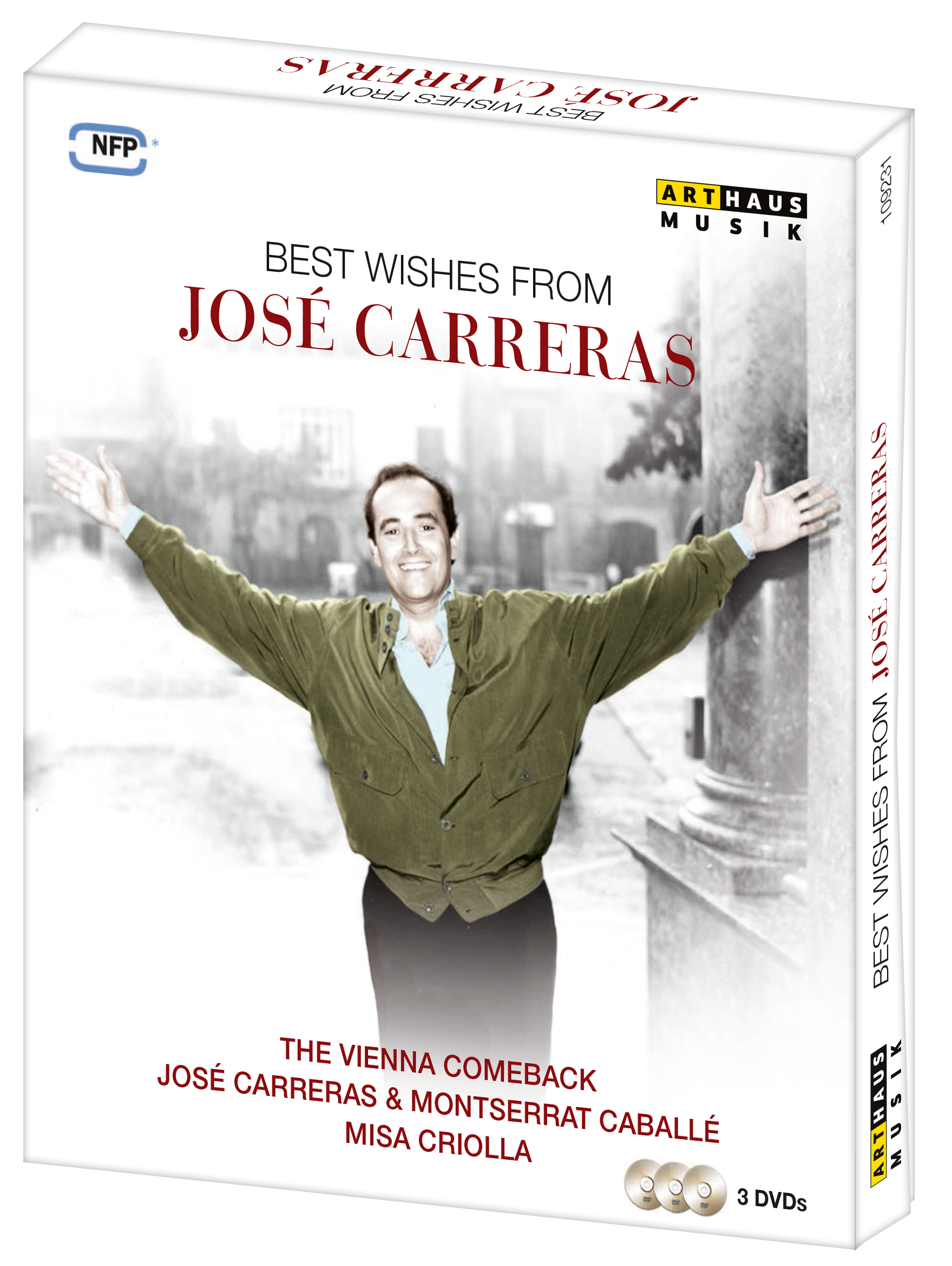
José Carreras, Giacomo Puccini, Franz Liszt, uvm
“When I was a kid, I was listening to opera and studying music. I knew what I wanted and I knew what I liked, and I was dreaming about making it happen.” José Carreras Live from the Vienna State Opera, September 16, 1988 THE VIENNA COMEBACK Featuring works by Jules Massenet, Giacomo Puccini, Franz Liszt, Joaquín(...)
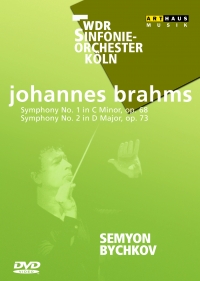
Johannes Brahms
SYMPHONY NO. 1 IN C MINOR, OP. 68 SYMPHONY NO. 2 IN D MAJOR, OP. 73 ''The Symphony'', said Johannes Brahms ''is not something one would trifle with these days''. This comment at least provides us with an initial answer as to why his first symphony was written so late. At the same time Brahms was expressing here(...)









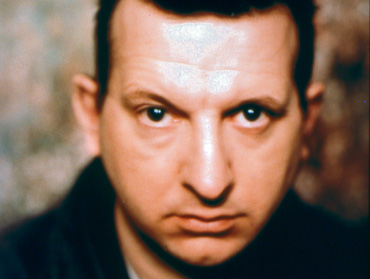

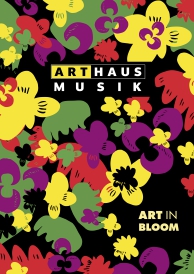 PDF Download (5,5 MB)
PDF Download (5,5 MB)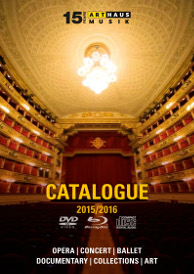 PDF Download (6,7 MB)
PDF Download (6,7 MB)